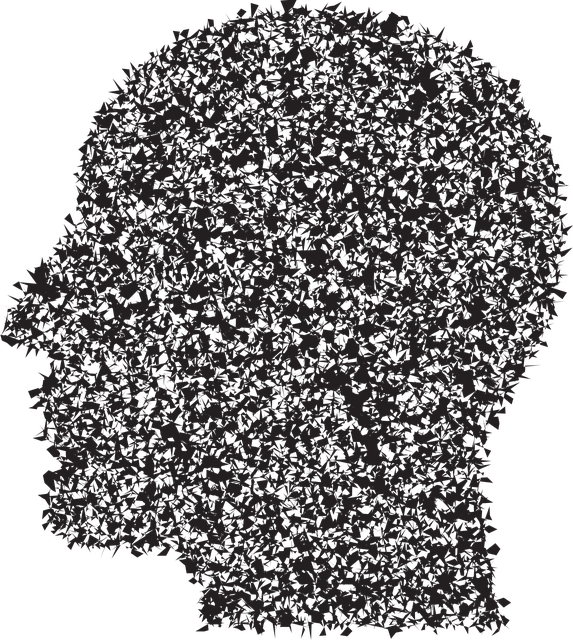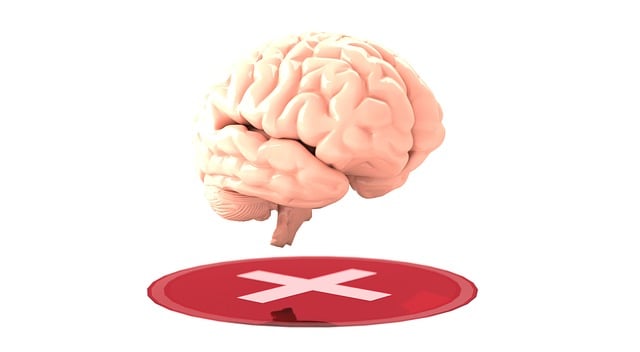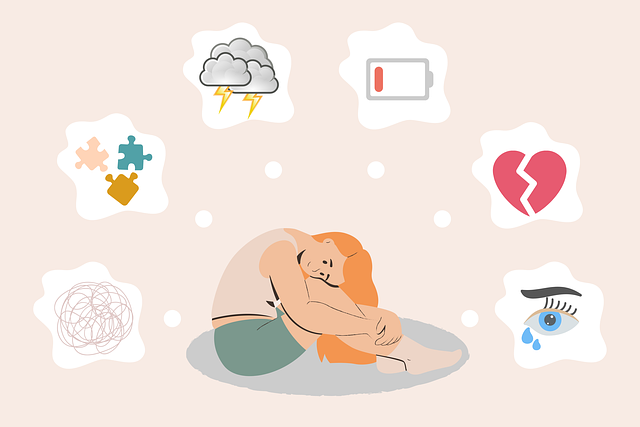For Russian-speaking individuals adapting to new cultural environments, prioritizing self-care through tailored therapy is crucial for well-being. Accessing mental healthcare services and integrating practices like mindfulness, meditation, and physical exercise can significantly improve mental health. Cultural sensitivity from therapists and community support networks are key obstacles to overcome, fostering sustainable self-care practices and emotional resilience. Professional therapy and public awareness campaigns promote healthier lifestyles, enhancing the overall quality of life within communities.
Self-care is an essential aspect of overall well-being, especially for Russian-speaking individuals who may face unique challenges. This article explores strategies to enhance self-care practices within this community. We delve into the significance of understanding individual needs and identifying barriers that hinder effective self-care. Through practical tips, it guides readers on incorporating mindfulness, fostering physical health, and building supportive networks, including access to therapy for Russian-speaking individuals seeking professional support.
- Understanding the Importance of Self-Care for Russian Speaking Individuals
- Identifying Barriers to Effective Self-Care Practices
- Incorporating Mindfulness and Relaxation Techniques into Daily Routine
- Nurturing Physical Health: Exercise, Nutrition, and Quality Sleep
- Building a Supportive Network and Seeking Professional Therapy
Understanding the Importance of Self-Care for Russian Speaking Individuals

For Russian-speaking individuals, prioritizing self-care is a significant aspect of maintaining overall well-being, especially in a new cultural environment. In many cases, these individuals may face unique challenges and stress factors that impact their mental health, such as language barriers, acculturation issues, or the absence of support networks. Recognizing the value of self-care becomes crucial to navigate these difficulties.
Therapy for Russian-speaking people offers a safe space to explore personal struggles and develop coping mechanisms tailored to their specific needs. Crisis intervention guidance, empathy-building strategies, and social skills training can empower individuals to enhance their self-care practices. By engaging in therapy, they can gain valuable insights, learn effective ways to manage stress, and build resilience, ensuring better mental health outcomes.
Identifying Barriers to Effective Self-Care Practices

Many individuals struggle to incorporate effective self-care practices into their daily routines due to various barriers. These can include time constraints, cultural factors, and personal beliefs or experiences that may hinder a person’s ability to prioritize their mental health. For example, in communities with limited access to mental healthcare services, finding the time and resources for therapy can be challenging. The financial burden of therapy sessions, especially for Russian-speaking individuals seeking therapy for Russian speaking services, might also pose a significant obstacle.
Cultural sensitivity in mental healthcare practice plays a crucial role in overcoming these barriers. Therapists who understand and appreciate cultural nuances can create an inclusive environment that encourages clients to open up and engage in self-care activities. Building empathy between the therapist and client is essential for fostering trust and motivation. Additionally, burnout prevention strategies should be implemented to support both therapists and clients, ensuring a sustainable approach to self-care and mental well-being.
Incorporating Mindfulness and Relaxation Techniques into Daily Routine

Incorporating mindfulness and relaxation techniques into your daily routine can significantly enhance mental wellness, a key aspect of overall self-care. Practices such as meditation, deep breathing exercises, and yoga not only help to reduce stress but also foster emotional healing processes. These techniques allow individuals to connect with their inner selves, promoting a sense of calm and balance in an often chaotic world. For Russian speaking communities, accessible therapy options and mental wellness podcast series production can further facilitate this journey, ensuring that cultural nuances are considered in the pursuit of mental health awareness.
Public awareness campaigns development around mindfulness and relaxation can play a pivotal role in normalizing these practices. By sharing success stories and providing practical tips, communities can encourage one another to adopt healthier habits. This collective effort can lead to improved emotional resilience and overall quality of life, with benefits extending beyond the individual to create a more supportive and aware society.
Nurturing Physical Health: Exercise, Nutrition, and Quality Sleep

Nurturing Physical Health is a cornerstone for enhancing well-being, especially for Russian-speaking communities seeking therapy and support. Regular physical activity plays a vital role in maintaining both bodily fitness and mental acuity. Incorporating exercises like walking, yoga, or even simple stretching routines can significantly improve mood and reduce stress levels. Moreover, prioritizing positive thinking becomes easier when engaged in activities that promote a healthy body.
Nutrition is another critical aspect of physical health. A balanced diet, rich in fruits, vegetables, whole grains, and lean proteins, provides essential nutrients for optimal bodily function. Adequate hydration, often overlooked but crucial, supports various physiological processes. Furthermore, prioritizing mental health policy analysis and advocacy can lead to better community access to resources, encouraging healthier lifestyles. Accompanying these practices with consistent, high-quality sleep allows the body to rejuvenate, enhancing overall resilience and well-being, while effective communication strategies facilitate support networks and promote healthy behaviors within communities.
Building a Supportive Network and Seeking Professional Therapy

Building a supportive network is an essential aspect of self-care that often goes overlooked. Surround yourself with understanding friends and family who can offer emotional support and encouragement. Consider joining or forming support groups where you can connect with like-minded individuals, share experiences, and gain valuable insights. This sense of community can significantly contribute to your overall well-being, especially when navigating challenges.
For some, seeking professional therapy is a game-changer. Mental health professionals, such as therapists specializing in therapy for Russian-speaking clients, can provide tailored support. They offer evidence-based practices like mindfulness meditation and stress management workshops organized by healthcare provider cultural competency training institutions. These sessions empower individuals with coping strategies, helping them manage stress, anxiety, or other mental health concerns effectively.
Incorporating self-care practices is an empowering journey for any individual, especially those from diverse cultural backgrounds like Russian-speaking communities. By understanding the unique barriers they face and implementing tailored strategies, such as mindfulness, healthy physical routines, and building support networks, these individuals can achieve holistic well-being. Moreover, seeking professional therapy specifically designed to cater to Russian-speaking populations offers a valuable avenue for addressing specific challenges. With dedicated efforts and access to suitable resources, embracing self-care becomes an effective tool for enhancing mental health and overall life satisfaction.














